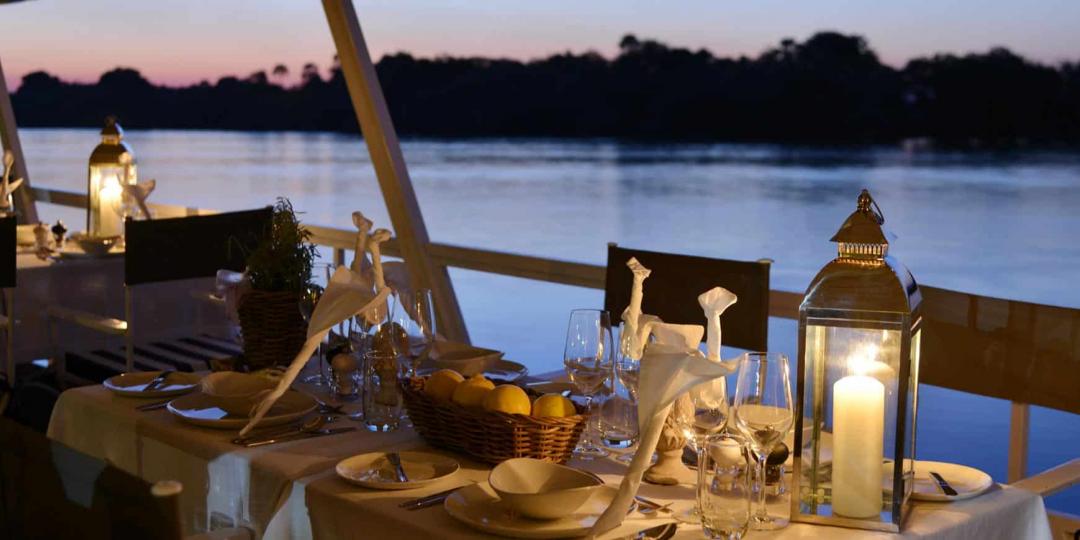ZIM LOCKDOWN DEFERS TOURISM RECOVERY
While Zimbabwe’s stricter lockdown regulations – announced last Saturday (December 2) and effective until February 5 – will have a negative impact on the economy, they “should not significantly impact overall recovery in the tourism sector”.
“Any disruption has a possible negative impact on arrivals and long-term recovery but, managed in context, it should not significantly impact overall recovery in the tourism sector,” said CEO of Africa’s Eden Tourism Association, Jillian Blackbeard
She conceded that recovery would be deferred for tourism businesses, and the indirect supply chain, “with definite insecurity for employment,” but added that this lockdown was different to the strict lockdown Zimbabwe experienced in 2020, where tourism was shut down, as were national parks.
“Tours and activities are able to operate as per normal, however, independent restaurants out of hotels and lodges have to close. Air traffic can continue as normal, including internationally, and national parks remain open.”
Nevertheless, restrictions such as a national curfew and uncertainty in the market had affected feeder flights, said Blackbeard. She added that further clarity was needed on unimpeded movement of tourists, domestic and international on their confirmed bookings, especially since the land borders are closed.
According to her, the closure of land borders will effectively halt regional self-drive business which was slowly showing signs of recovery.
“Clarity on restrictions should allow continued domestic tourism, in so far as policy is communicated in a timely manner and is not altered at short notice and on a whim,” said Blackbeard.
She pointed out that the significance of the tourism sector and the wider supply chain needed to be taken into consideration when implementing policy changes. “Possible solutions such as tourism safe corridors and regional COVID-resilient zones should be considered and actively fostered.”
Relief for the sector?
Blackbeard told Tourism Update that a Business Support Relief programme had been announced by the government in 2020 but that, to date, nothing had materialised.
“Furthermore, the private sector – including commercial banks – has been slow to offer short-term liquidity solutions. International aid and non-governmental packages remain short, and further pressure has been placed on charities supporting the tourism environment, wildlife conservation and communities especially in need.”
She said, in the past, the tourism industry itself had generated donor funding for local non-profit organisations. “This has now dried up.”
What does the lockdown entail?
- The closure of all non-essential services and a 12-hour curfew (18h00 to 06h00) for all.
- All social gatherings have been outlawed.
- Hospitals, pharmacies and supermarkets will stay open but are only permitted to operate between 08h00 and 15h00.
- Intercity transport – which includes both public services and private motorists – will only be extended to essential services.
- Restaurants, bottle stores and bars are closed. Hotel restaurants and bars may only serve paying guests.
- While air travel into Zimbabwe remains unhindered by the new hard lockdown, only returning residents and essential services – including commercial and transit cargo carriers – will be allowed to enter the country through its land borders.
- For visitors flying into Zimbabwe, tourist facilities and national parks will remain open but will be bound by the adjusted curfew hours.
Originally posted on Southern & East African Tourism Update
